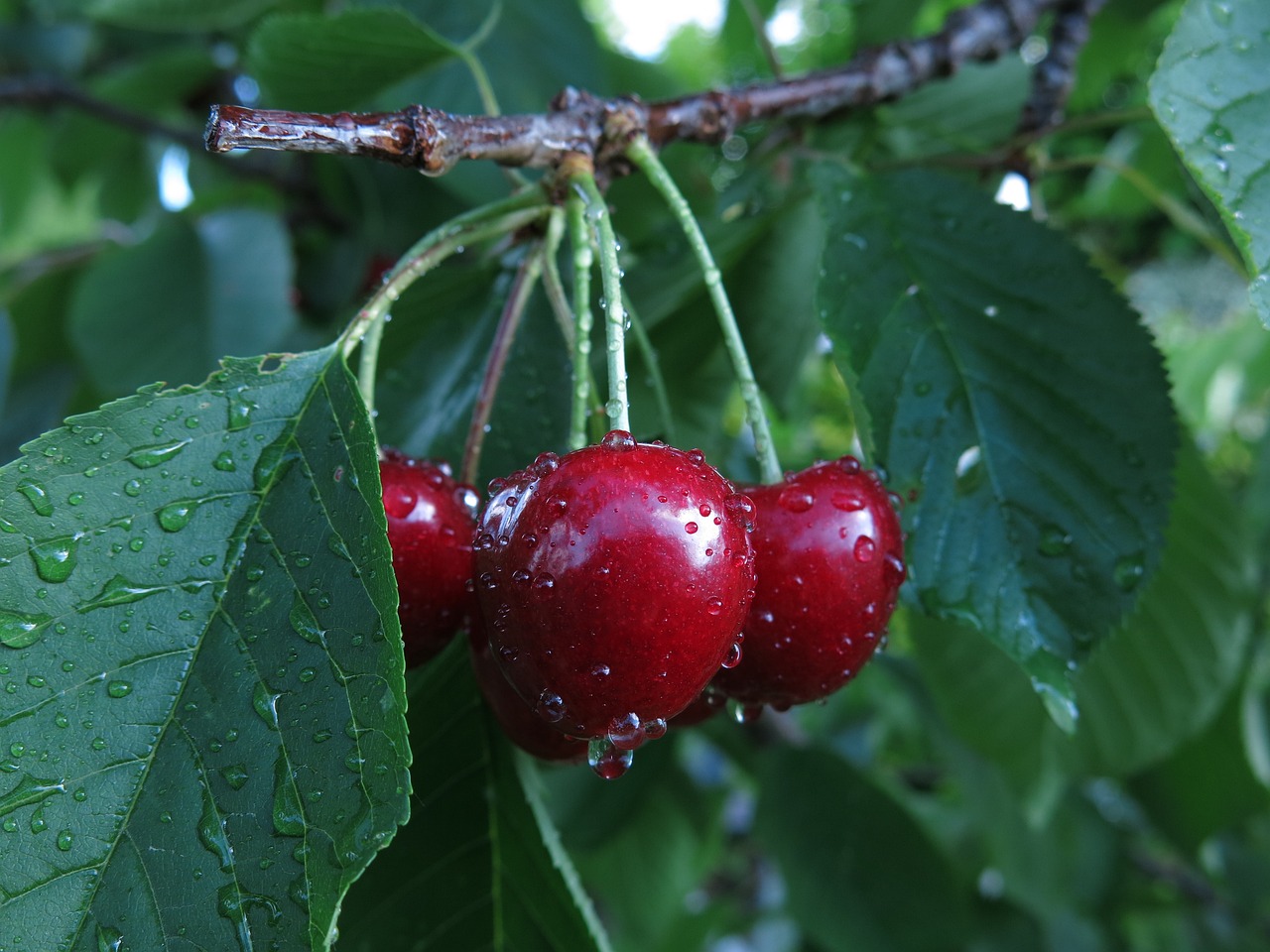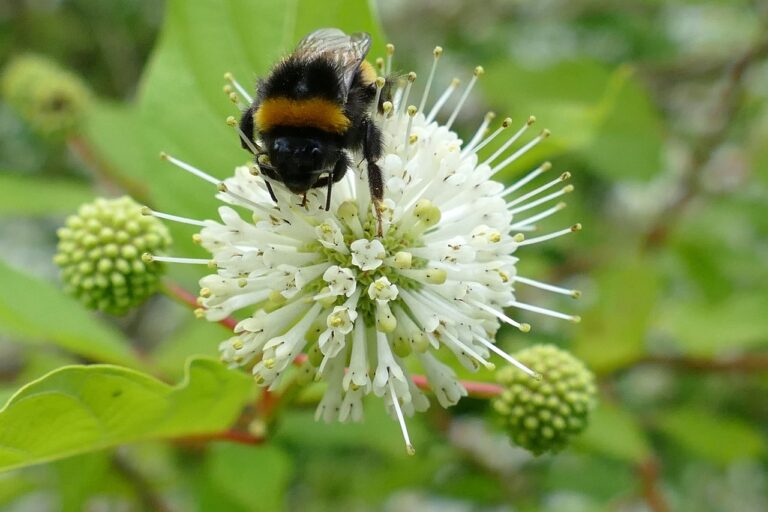Exploring the Benefits of Community Gardens: Nourishing Both Body and Soul
Community gardens provide a valuable opportunity for individuals to engage in physical activity. Tasks like planting, watering, weeding, and harvesting require physical movement, helping to promote exercise in a natural and enjoyable setting. Engaging in these activities regularly can contribute to improved cardiovascular health, muscle strength, and flexibility.
In addition to the physical activity involved, the fresh produce grown in community gardens offers a wealth of health benefits. Consuming fruits and vegetables that are locally-grown and free from harmful pesticides can boost overall health and well-being. These nutritious foods are rich in essential vitamins, minerals, and antioxidants that support the body’s immune system and contribute to better physical health.
Benefits of Community Gardens for Mental Health
Engaging in gardening activities at community gardens can significantly improve mental health. The act of planting, nurturing, and harvesting plants can be a therapeutic experience for individuals dealing with stress, anxiety, or depression. The sense of achievement and connection to nature that gardening provides can offer a sense of purpose and satisfaction, promoting overall well-being.
Being part of a community garden also fosters a sense of belonging and social support, which are crucial for maintaining good mental health. Interacting with fellow gardeners, sharing knowledge and experiences, and working together towards a common goal can create a supportive and inclusive environment. This social interaction can help reduce feelings of isolation and loneliness, contributing to a positive outlook on life and improved mental resilience.
Promoting Social Interaction through Community Gardens
Community gardens serve as a hub for fostering social connections among individuals within a community. These shared spaces provide a platform for residents to come together, interact, and collaborate on gardening activities. As people work side by side tending to the plants, they engage in conversations, share knowledge, and build relationships with their fellow gardeners. This shared experience cultivates a sense of camaraderie and unity among participants, breaking down social barriers and promoting a sense of belonging within the community.
Furthermore, community gardens offer a space for individuals from diverse backgrounds to come together in a common pursuit. By creating a collaborative environment where people from different walks of life can share their experiences and expertise, community gardens facilitate cultural exchange and understanding. As individuals work together towards a shared goal of tending to the garden, they learn from one another, appreciate each other’s perspectives, and celebrate the richness of diversity within the community. These interactions not only strengthen social bonds but also promote a sense of inclusivity and tolerance among participants.
How can community gardens benefit physical health?
Community gardens provide opportunities for physical activity, such as gardening and maintenance tasks, which can help in improving overall physical health.
What are some mental health benefits of community gardens?
Community gardens offer a peaceful and relaxing environment, which can help reduce stress, anxiety, and depression. Engaging in gardening activities can also boost mood and improve mental well-being.
How do community gardens promote social interaction?
Community gardens bring people together from different backgrounds and create a sense of community. Gardening tasks and activities provide opportunities for people to socialize, share knowledge, and build relationships with each other.
Can community gardens help in combating social isolation?
Yes, community gardens can help combat social isolation by creating a space for individuals to connect with others, engage in meaningful activities, and feel a sense of belonging to a community.
Are community gardens inclusive and welcoming to all individuals?
Yes, community gardens are typically inclusive spaces that welcome individuals of all ages, backgrounds, and abilities. They provide a platform for people to come together, share experiences, and learn from one another.







